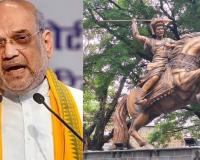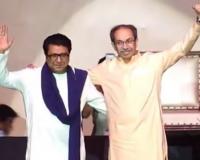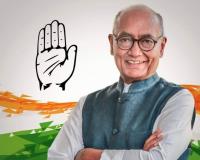- India
- Cabinet Approves 'One Country, One Election' Bill: Understanding the Proposal and Its Implementation...
Cabinet Approves 'One Country, One Election' Bill: Understanding the Proposal and Its Implementation!

In a significant development, the Union Cabinet has approved the 'One Country, One Election' Bill, paving the way for simultaneous elections for the Lok Sabha and Legislative Assemblies across the country. This proposal, first mooted by Prime Minister Narendra Modi in 2019, aims to reduce election-related expenditures and minimize the disruption caused by frequent elections.
The 'One Country, One Election' Bill has been approved by the Cabinet, and a comprehensive bill is expected to be tabled in Parliament soon. The proposal involves holding simultaneous elections for the Lok Sabha and Legislative Assemblies in two phases. The first phase will cover Lok Sabha and assembly elections, while the second phase will include local body elections.
The concept of 'One Country, One Election' is not new, as simultaneous elections were held in India from 1951 to 1967. However, the process was disrupted after 1967 due to various reasons, including the imposition of President's rule in some states.
The Kovind Committee, constituted in 2023 to explore the feasibility of simultaneous elections, has submitted its report. The committee recommends implementing the proposal in two phases, with the first phase covering Lok Sabha and assembly elections, and the second phase covering local body elections.
The implementation of 'One Country, One Election' will require constitutional amendments and the approval of all states. At least five amendments will be needed, including changes to Articles 83, 85, 172, 174, and 356 of the Constitution. The consent of all parties and state governments will also be necessary.
The government and the opposition have differing views on the proposal. While the BJP-led NDA has included 'One Country, One Election' in its electoral agenda, the opposition Congress has strongly opposed the proposal, arguing that it cannot work in a democracy.
The Election Commission has expressed its willingness to conduct simultaneous elections, stating that it can handle the logistics and disruptions involved. However, the commission has also emphasized that the decision to hold simultaneous elections rests with the legislatures.
In conclusion, the approval of the 'One Country, One Election' Bill marks a significant step towards implementing simultaneous elections in India. While the proposal has its advantages, including reduced election-related expenditures and minimized disruption, its implementation will require careful consideration of the constitutional and logistical implications.
000












